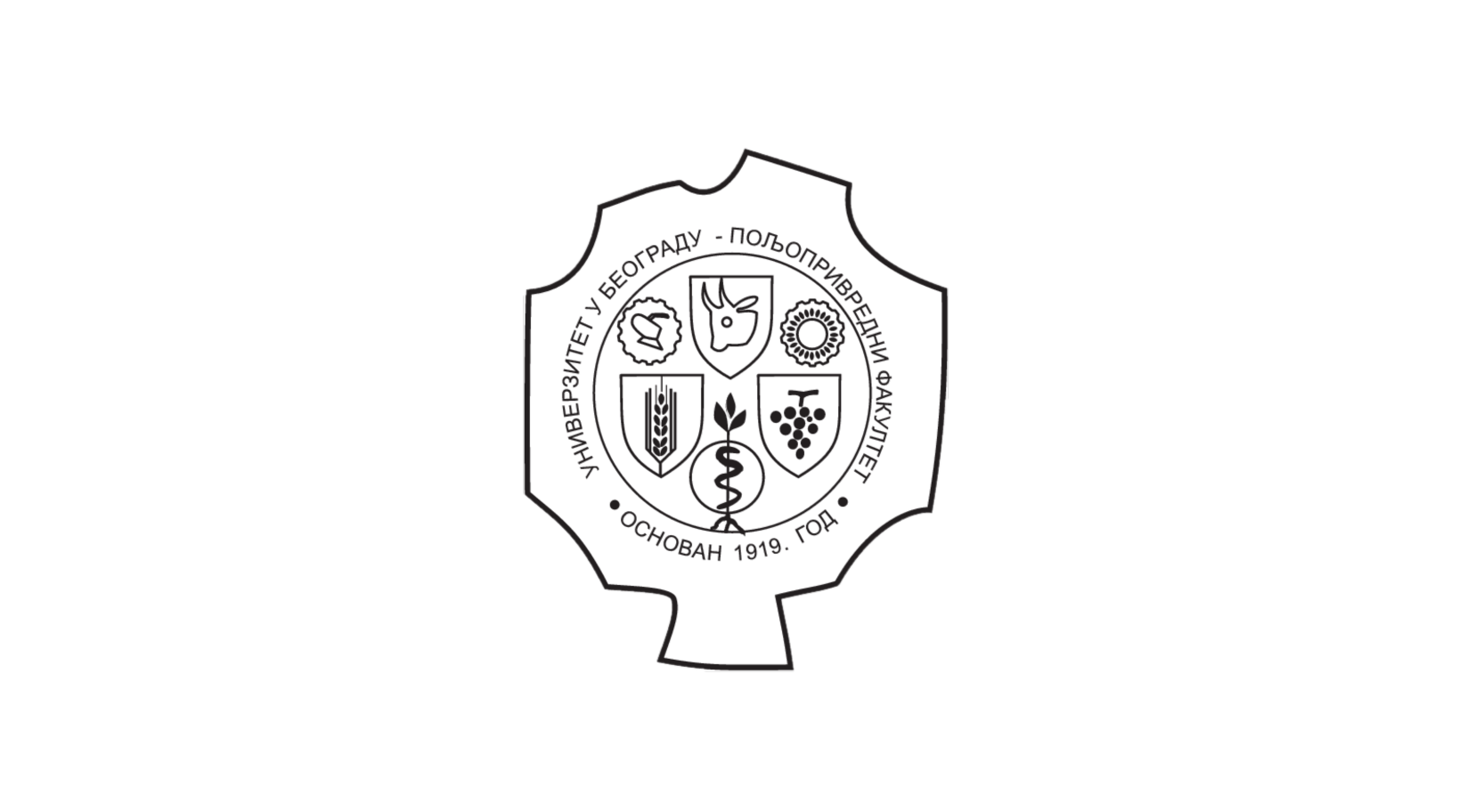Приказ основних података о документу
Importance and measures of health protection of honey bees in montenegro
| dc.creator | Rašović, M.B. | |
| dc.creator | Davidović, Vesna | |
| dc.creator | Joksimović-Todorović, Mirjana | |
| dc.date.accessioned | 2020-12-17T22:42:42Z | |
| dc.date.available | 2020-12-17T22:42:42Z | |
| dc.date.issued | 2019 | |
| dc.identifier.issn | 1857-8489 | |
| dc.identifier.uri | http://aspace.agrif.bg.ac.rs/handle/123456789/5143 | |
| dc.description.abstract | Beekeeping in Montenegro has a long tradition. Today, this activity has great significance not only for the preservation of nature, but also for the development of Montenegro’s economy. Because of the diversity of honey plants (over 500 species), Montenegrin honey is of high quality, both in nutrition and in healing properties. Health protection of bees has a great importance for the development of beekeeping. Particular attention is focused on the prevention and suppression of infectious diseases of bees caused by bacteria, fungi and viruses, as well as parasitic diseases that most often cause mites. In Montenegro, according to the law, seven diseases of bees are prevented and suppressed, which are on the list of dangerous infectious diseases of the OIE. The most serious infectious disease of bees is the American foulbrood of honey bees caused by Paenibacillus larvae. Therapy of this disease is not carried out - it is not allowed by law and diseased bee societies are destroyed. Fungal disease - the nosemosis caused by Nosema apis in Montenegro, also causes significant losses in beekeeping in Montenegro. Of parasitic diseases of honey bees in Montenegro, varroosis caused by mites Varroa destructor occurs. Varroosis also causes enormous consequences for the health of bee societies in Montenegro. The program of mandatory animal health measures implemented every year in Montenegro establishes preventive measures aimed at: Monitoring, preventing, detecting, suppressing and eradicating infectious and parasitic diseases of bees. Non-infectious diseases of honey bees also have great significance for the beekeeping of Montenegro. Of these, the most significant is the poisoning of bees. The most dangerous poisons for bees are insecticides that are uncontrolled and incorrectly used in agriculture. In order to preserve the health of bee colonies and increase yields of honey, pollen, royal jelly and propolis, necessary are: Regular health control of beekeepers, compliance with legal regulations and strict application of apitechnical measures. The education of beekeepers should focus on the implementation of hygiene measures on beehives, preventive measures and the way to control bee diseases, proper nutrition, bee technology and the importance of quality and health correctness of honey and other bee products. | en |
| dc.publisher | Consulting and Training Center - KEY | |
| dc.rights | restrictedAccess | |
| dc.source | Journal of Hygienic Engineering and Design | |
| dc.subject | Beekeeping | en |
| dc.subject | Crna Gora | en |
| dc.subject | Honey bee | en |
| dc.subject | Honey bee diseases | en |
| dc.subject | Montenegro | en |
| dc.title | Importance and measures of health protection of honey bees in montenegro | en |
| dc.type | article | |
| dc.rights.license | ARR | |
| dc.citation.epage | 54 | |
| dc.citation.other | 29: 50-54 | |
| dc.citation.spage | 50 | |
| dc.citation.volume | 29 | |
| dc.identifier.rcub | https://hdl.handle.net/21.15107/rcub_agrospace_5143 | |
| dc.identifier.scopus | 2-s2.0-85076021349 | |
| dc.type.version | publishedVersion |
Документи
| Датотеке | Величина | Формат | Преглед |
|---|---|---|---|
|
Уз овај запис нема датотека. |
|||

